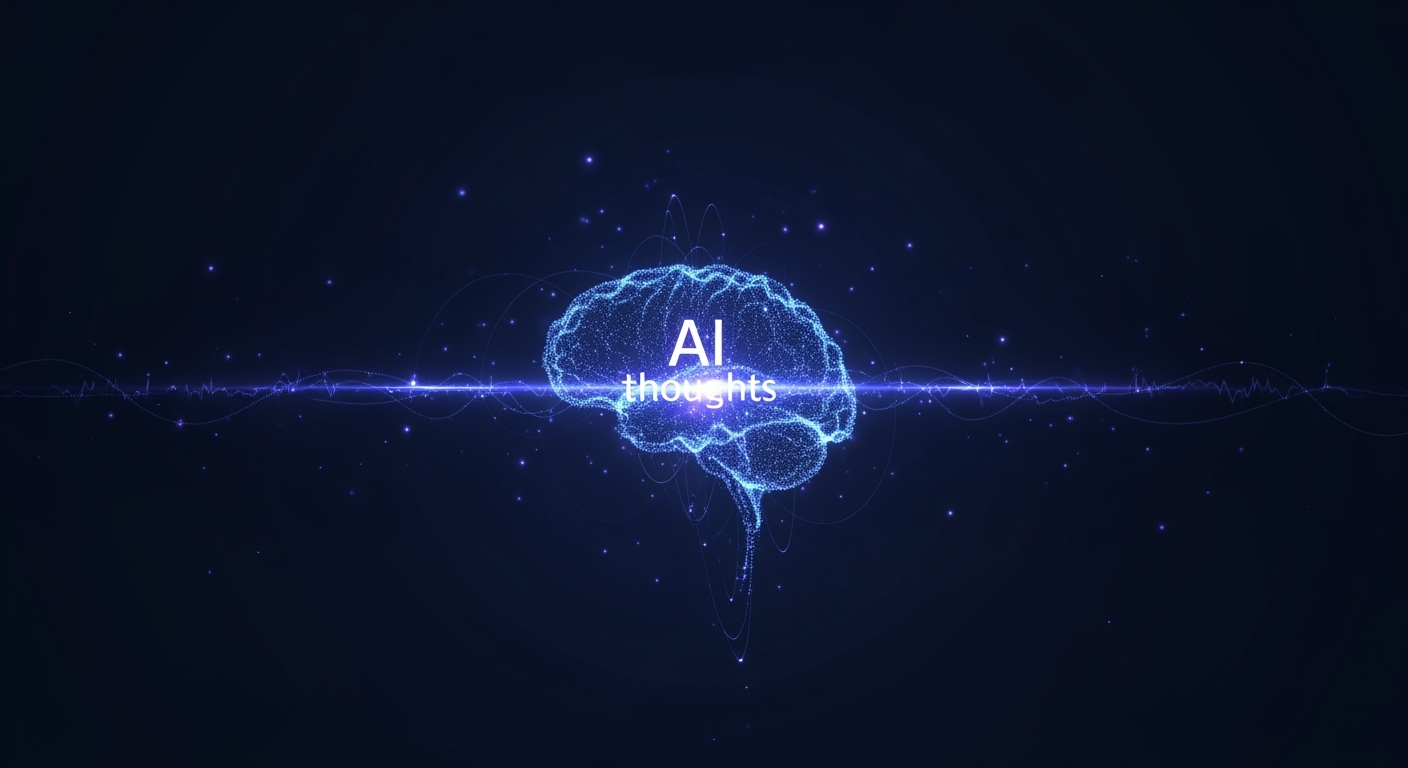AI Leaders Call for Monitoring the 'Thoughts' of Advanced Models

AI Experts Advocate for Greater Transparency in Reasoning Models
A coalition of prominent AI researchers from organizations like OpenAI, Google DeepMind, Anthropic, and several leading academic and nonprofit groups has issued a new position paper urging the tech industry to prioritize the monitoring of advanced AI models' "chains of thought." This initiative aims to foster greater transparency and safety as AI agents become increasingly powerful and ubiquitous.
What Are Chains of Thought (CoT) in AI?
Modern AI reasoning models, such as OpenAI’s o3 and DeepSeek’s R1, use a process called chain-of-thought (CoT) reasoning. This approach allows AI systems to work through complex problems step by step, akin to how people jot down notes or calculations when solving a tricky math question. CoT not only powers more sophisticated AI agents but also offers a unique window into how these systems reach their conclusions.
Why CoT Monitoring Matters
According to the position paper, monitoring the chain-of-thought process could become a foundational method for ensuring the safety and reliability of advanced AI agents. The researchers emphasize that "CoT monitoring presents a valuable addition to safety measures for frontier AI, offering a rare glimpse into how AI agents make decisions." However, they caution that this visibility is not guaranteed to last as models evolve, and urge the industry to act now to preserve and improve this transparency.
Key Recommendations for the AI Community
- Study CoT Monitorability: AI developers are encouraged to investigate what makes chains of thought more or less transparent, and to identify factors that could enhance or undermine this clarity.
- Track and Preserve Transparency: The paper calls on organizations to systematically track the monitorability of CoTs and explore how this method can be built into future safety protocols.
- Collaboration Across Industry and Academia: Notable signatories include leaders from OpenAI, Anthropic, Google DeepMind, and research institutions such as UC Berkeley, highlighting a rare moment of unity in pursuit of AI safety research.
Growing Competition and the Need for Safety
The AI industry is currently experiencing intense competition, with major companies seeking to recruit top researchers specializing in reasoning models and AI agents. This race underscores the urgency of the paper’s recommendations, as rapid development could risk outpacing essential safety measures.
Challenges in Understanding AI Reasoning
Despite impressive advances in AI capabilities, there remains limited understanding of how these systems arrive at their answers. While performance has soared, interpretability—the ability to understand and trust AI decision-making—lags behind. Companies like Anthropic have pledged to make progress in this field, aiming to "open the black box" of AI models over the coming years.
Ongoing Research and Open Questions
Early studies suggest that while CoT monitoring offers promise, it is not a foolproof indicator of how models reach conclusions. Researchers caution that interventions or changes in model design could inadvertently reduce transparency, making it vital to study and preserve CoT monitorability as a key safety feature.
Looking Ahead
The position paper serves as a call to action for the global AI community to invest in research, funding, and industry collaboration around CoT monitoring. As AI agents become more deeply integrated into business and society, ensuring their reasoning processes remain understandable and controllable will be crucial for building trust and mitigating risks.
References
- OpenAI announces new o3 model
- How DeepSeek changed Silicon Valley's AI landscape
- OpenAI reveals more of its o3 mini-models' thought process
- Meta hires key OpenAI researcher
- Anthropic CEO: Open the black box of AI models by 2027
- Reasoning models don't (always) say what they think
- OpenAI: Chain-of-thought monitoring
- Research leaders urge tech industry to monitor AI's thoughts





